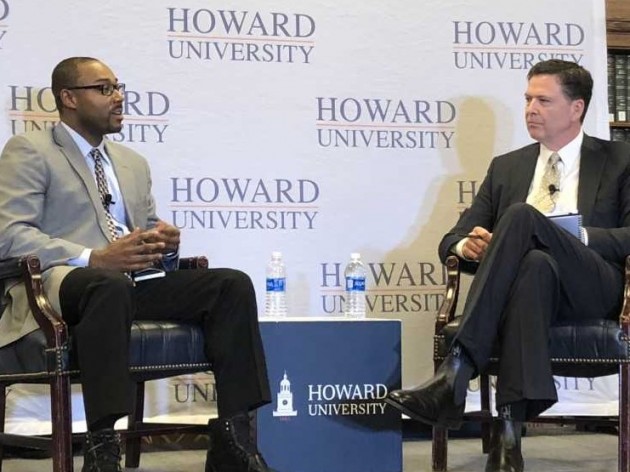Despite the recent rallies and protests by Black activists like the Rev. Jesse Jackson along with the Rainbow Coalition, and Al Sharpton, the city of New Orleans proceeds with its mayoral elections. Last week residents were allowed to vote early, although the general election is scheduled for April 22.
Ineatha Baker, a displaced voter admits that at first the election didn’t seem like a good idea. But, she expressed, “I knew we needed leadership.” Now, Baker admits that she’s more at ease about the election because there are polls set up throughout Louisiana as well as in neighboring states. “There are polls in Houston, they said it on TV,” she shared.
Baker says she will vote in Alexandria, LA- which is one hour away from where she and her family now live. But, she says that it’s hard to really tell who’s best suited to lead the city. There are currently 22 mayoral candidates in this year’s election. ”There hasn’t been much campaigning I have to look online to find out whose running,” she said.
Jackson and Al Sharpton have both spoken out about the New Orleans mayoral election. They argue that the city’s election plans will disenfranchise voters displaced by Hurricane Katrina. They also complained that mail-in voting will make it difficult for voters living elsewhere to cast a ballot.
Before Hurricane Katrina hit, statistics show that about 70 percent of New Orleans‘ residents were African-American, they form the largest percentage of those still displaced. Jackson and Sharpton along with other African-American community leaders have argued that allowing city elections is violating the 1965 law designed to ensure voter equality Blacknews.com revealed.
Throughout the protest, Jackson and other activists were demanding satellite polling places for displaced voters in cities outside New Orleans (which is now available) and even outside the state of Louisiana, residents explained.
Fewer than half of the city’s 460,000 residents have returned since the Aug. 29 storm flooded the city.
Activists also suggested the release of updated lists of displaced voter addresses, but the Federal Emergency Management Agency (FEMA) denied the request, saying it would breach privacy.


